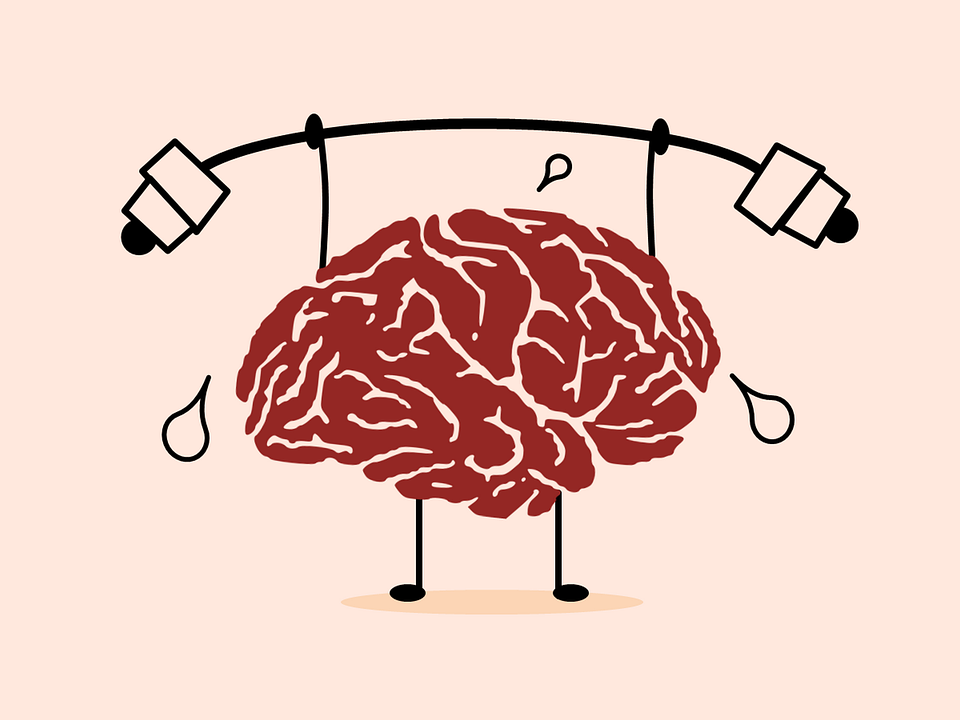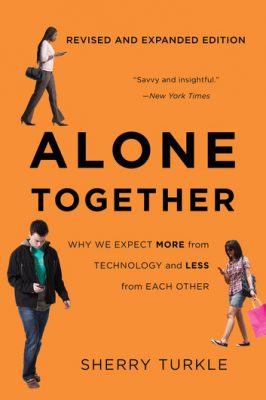This post is based on the author’s article in the journal Science as Culture. Full text available here and here
 In 2016, Lumos Labs – creators of the popular brain training service Lumosity – settled against charges laid by the FTC, who concluded that the company unjustly ‘preyed on consumers fears …[but] simply did not have the science to back up its ads’. In addition to a substantial fine, the judgment stipulated that – except in light of any rigorously derived scientific findings – Lumos Labs
In 2016, Lumos Labs – creators of the popular brain training service Lumosity – settled against charges laid by the FTC, who concluded that the company unjustly ‘preyed on consumers fears …[but] simply did not have the science to back up its ads’. In addition to a substantial fine, the judgment stipulated that – except in light of any rigorously derived scientific findings – Lumos Labs
‘… are permanently restrained and enjoined from making any representation, expressly or by implication [that their product] … improves performance in school, at work … delays or protects against age-related decline in memory or other cognitive function, including mild cognitive impairment, dementia, or Alzheimer’s disease…. [or] reduces cognitive impairment caused by health conditions, including Turner syndrome, post-traumatic stress disorder (PTSD), attention deficit hyperactivity disorder (ADHD), traumatic brain injury (TBI), stroke, or side effects of chemotherapy.’
However, by the time of the settlement, Lumosity’s message was already out. Lumosity boasts ‘85 million registered users worldwide from 182 countries’ and their seductive advertisements were seen by many millions more. Over three billion mini-games have been played on their platform, which – combined with personal data gleaned from their users – makes for an incredibly valuable data set. Lumosity kindled sparks of hope within those who suffered, or feared suffering from the above conditions, or who simply sought to better themselves for contemporary demands. In this way, the brain has become a site of both promise and peril. Today, ever more ethical injunctions are levied through calls for ‘participatory biocitizenship’, the supposed ‘empowerment of the individual, at any age, to self-monitor and self-manage health and wellness’. more...









